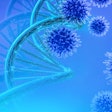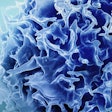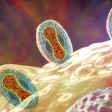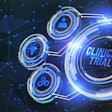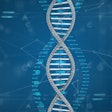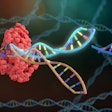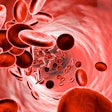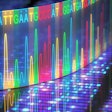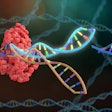
Sherlock Biosciences said on Tuesday that the U.S. Patent and Trademark Office (USPTO) has granted a patent for the diagnostic use of the Cas12 enzyme, an integral part of the firm's diagnostic testing technology.
Sherlock has exclusive U.S. rights to the patent from Shanghai-based Tolo Biotech, as well as to additional intellectual property for Cas12 and Cas13 obtained from the Broad Institute.
The newly granted patent covers a method for detecting nucleic acids leveraging the collateral cleavage activity of Cas12.
Unlike Cas9 -- the enzyme commonly used for gene editing and CRISPR-based therapeutics, and the subject of several patent disputes -- Cas12 is best suited for detecting DNA and RNA sequences, rather than editing them.
Sherlock noted that it has already demonstrated the potential for high-accuracy, low-cost Cas12-based detection of diseases, including malaria, tuberculosis, and COVID-19.
"Securing this patent is an important step to deliver powerful, over-the-counter diagnostics so consumers have more control over their healthcare decisions," Bryan Dechairo, president and CEO of Sherlock Biosciences, said in a statement. "Our diagnostics rely on novel uses of synthetic biology and CRISPR technology to condense the traditional lab tools into handheld tests."
Sherlock's CRISPR-based diagnostic tests rely on a key pair of technologies to detect diseases, covered by the patent: amplification and collateral cleavage. First, a specific nucleic acid signature is amplified so that the guide RNA can find and recognize it within a test sample. Once the guide RNA identifies and binds to the target nucleic acid, the Cas12 enzyme becomes activated and cleaves a fluorescently labeled probe present in the mixture. This cleavage event triggers a reaction which then leads to the release of a fluorescent signature, indicating a positive test result.
Sherlock recently announced the acquisition of Sense Biodetection, an Oxford, U.K.-based developer of a rapid molecular testing platform that does not require an instrument.









